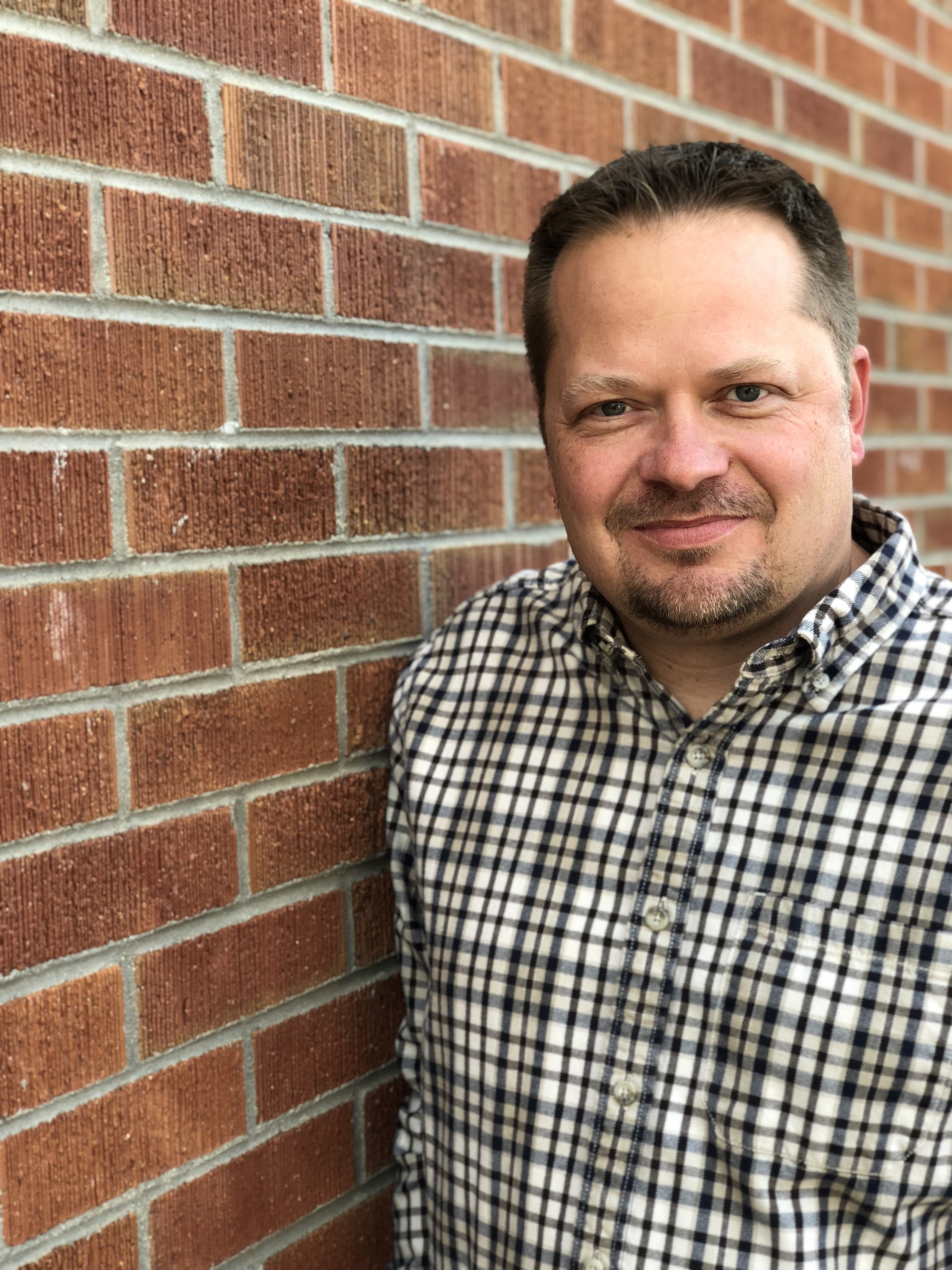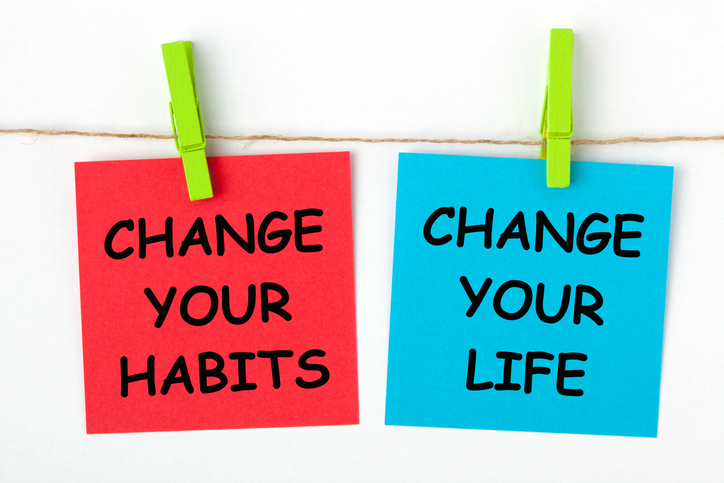This month in our Thursday Night meetings, we are discussing the topic of addiction in our ReSOULutions series “Seeking True Connection: Addictions are False Solutions.” Common consequences of addiction are poor self-care and poor coping strategies. Neglecting these is detrimental to recovery and provides more fuel to the cycle of addiction. I’d like to discuss some positive things we can do to take care of ourselves better.
If you are a parent, you have probably experienced something like this: You tell your child to eat their vegetables at meal time. They fight and argue, but you persist. You tell them about how we need to eat a variety of foods to be healthy. Vegetables are part of that. Blah blah blah. (You get the idea.) They eventually eat their vegetables, but they are mad about it. Then one magical day they come home excited from school to tell you about how important vegetables are and that we really should eat more healthy foods. Their teacher is amazing and everything she says is “gold.” You sigh and nod in agreement. You enjoy the fact that there may not be a fight over vegetables for this meal at least. This happens regularly about all sorts of topics (cleaning your room, being organized, getting up early…).
I share the above example, because I think that the topics of self-care and beneficial coping strategies are kind of similar. There are no surprises here. Making positive choices fits under the category of healthy living that we have all heard many times. So why discuss it here? 1) We learn from repetition. It is helpful to be reminded. 2) Maybe for some of you, I get to be the teacher who is “gold” rather than the nagging parent. 3) If I am the nagging parental voice for you, hopefully some repetition helps in the long run.
Rather than providing a to do list, let’s consider a few questions. We are all different and find enjoyment and rest in different ways. Think about what works best for you.
- What are some of the positive things that you have in your “wheelhouse” to help you better deal with stress?
- What do you need in place to help you press into that further?
- Are there helpful things that have worked for you in the past that you have dropped along the way?
- What brings you joy and helps you to take a mini break from the painful, stressful things in your life?
- What gives you the energy to reengage in your work and relationships, without degrading those very goals?
- Who can I share this journey with?
It is good to take a few minutes to ponder what is working and what isn’t. One thing I know for certain is that addictions don’t disappear without work. Finding things to do instead is helpful and healing. Despite how it feels in the moment of temptation, we can say, “No!” Reach out for help. You can’t walk this out alone.

Roger Jones
Executive Director
In the spring of 1995, the conflict Roger felt between his faith and his sexuality, as well as an addiction to pornography, led him to WGA. His personal journey has provided him unique insights into sexuality and the pain of adversity, which he shares through his testimony, facilitation of small groups, writing and public speaking.
Roger began working with WGA in October of 1996 as the Assistant office Manager. Since that time, he has worn many hats and served in several different positions, including Assistant Program Director and Operations Director. In April of 2007, Roger assumed the position of Executive Director.
Roger attended West Texas A&M University, where he studied Music Business. Much of his training has been “on the job,” where he was mentored by the ministry’s Founder, Mary Heathman, and the Program Director, Scott Kingry. He holds a BA from West Texas A&M University.
Roger, his wife Jill, and their daughter Julia and son William, attend Celebration Community Church where Jill serves as Senior Pastor.
Make a Difference in Someone's Life
If you enjoy reading WGA’s blogs and would like to show your support, please consider making a donation. Where Grace Abounds is a 501(c)3 non-profit organization. The majority of services, including support groups and discipleship counseling, are provided free of charge. Your financial gifts help to cover the costs associated with offering a free program to those who seek WGA’s services.

